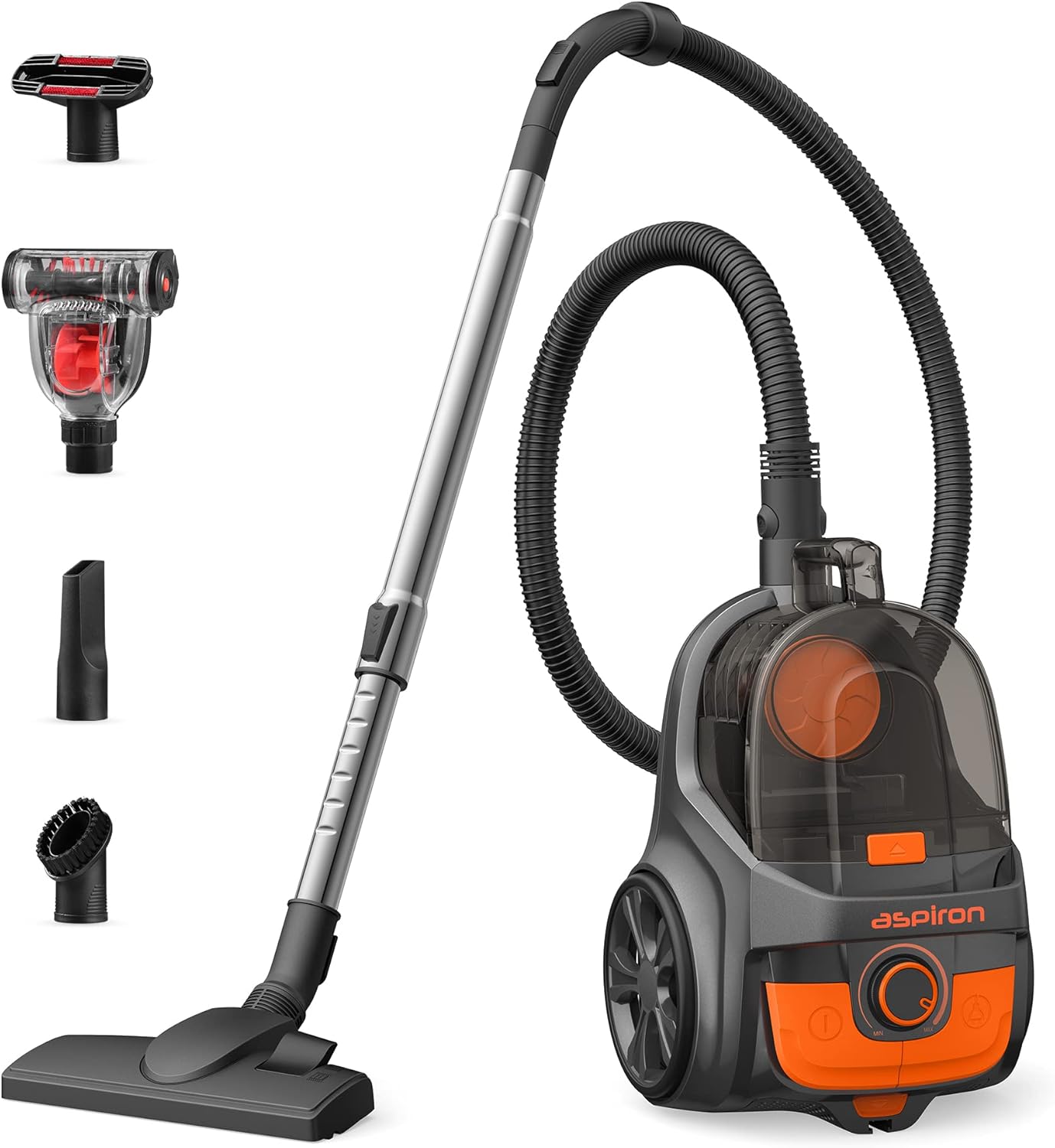Parrots as Pets: Complete Guide to Ownership and Care
Are parrots good pets? Understand the commitment
Parrots rank among the well-nigh intelligent and colorful companions in the pet world, but whether they make good pets depend mostly on your lifestyle, expectations, and willingness to commit to their specialized care. These remarkable birds offer companionship that can span decades, with some species live 50 + years, make them an unfeignedly lifelong commitment.
The rewards of parrot ownership
Exceptional intelligence and personality
Parrots possess cognitive abilities comparable to young children. Many species can learn dozens or yet hundreds of words, understand simple concepts, and solve problems. Their intelligence manifests in playful, curious behavior that keep interactions fresh and engaging.
Each parrot develop a distinct personality. Some become affectionate companions who enjoy cuddle and physical contact, while others maintain more independent personalities while unruffled form strong bonds with their caregivers. This individuality make the relationship with a parrot unambiguously rewarding compare to many other pets.
Communication abilities
The vocal talents of parrots extend beyond simple mimicry. African grass, Amazon parrots, and some cockatoos can learn to use words in context, indicate they understand some meaning behind human language. Hear your name call or receive a” good morning ” reeting from your feather friend create a special connection few other pets can offer.
Yet parrots that don’t develop extensive vocabularies communicate through body language, vocalizations, and behaviors that owners learn to interpret over time. This non-verbal communication builds a deep understanding between bird and caregiver.
Visual appeal and entertainment
The stunning plumage of parrots bring vibrant color into any home. From the rainbow hues of macaws to the subtle elegance of cockatoos, these birds are live art. Their acrobatic movements, playful antics, and curious exploration of toys provide endless entertainment.
Many parrot owners find themselves laugh every day at their birds’ antics. Whether it’s a cockatiel whistle along with favorite songs, a budgie bounce excitedly to music, or a macaw perform gymnastic routines on their play gym, parrots bring joy through their natural behaviors.
The challenges of parrot ownership
Time commitment
Perchance the well-nigh significant consideration when determine if parrots make good pets is the substantial time investment they require. Social by nature, parrots need several hours of interaction every day. Unlike dogs or cats that may be content with brief play sessions, parrots can develop behavioral problems when leave solitary for extended periods.
This time commitment includes direct interaction, supervise out of cage time, training sessions, and merely being present in the same room while the bird explores or plays. For work professionals with demand schedules, meet these needs can prove challenging.

Source: birdvenue.com
Noise levels
Parrots communicate vocally, and many species produce calls that evolve to travel across rainforest canopies. In a home environment, these vocalizations can reach surprising volumes. Macaws, cockatoos, and Amazon parrots specially test noise tolerance with their powerful calls.
Morning and evening vocalizations represent natural behavior patterns but may conflict with human schedules or apartment living situations. Flush smaller species like conjures can produce pierce calls that surprise first time owners. Before bring dwelling a parrot, frankly assess your noise tolerance and living situation.
Mess and home modification
Parrots create considerable mess around their living areas. They course she toys, food, and anything else they can get their beaks on. Many owners find themselves clean around cages multiple times eevery dayas birds FLE food, shed feather dust, and scatter toy fragments.
Home modifications oftentimes become necessary to ensure parrot safety. This includes remove toxic houseplants, avoidnon-stickk cookware( which release fumes toxic to birds when overheat), eliminate air fresheners and candles, and bird proof areas where the parrot spend time outside its cage.
Financial considerations
The lifetime cost of parrot ownership importantly exceed initial expectations for many owners. Beyond the purchase price (which range from under $$100for budgies to several thousand for large macaws ))ongoing expenses add up:
- Quality, varied diet include fresh produce, specialized pellets, and healthy treats
- Regular veterinary care from avian specialists (more expensive than standard vet care )
- Decent sized cages, which can cost $200 $2000 depend on species
- Continuous supply of toys that need frequent replacement as birds destroy them
- Play stand, perches, and environmental enrichment
- Potential emergency medical care, which can rapidly reach thousands of dollars
Species considerations: find the right match
Beginner-friendly parrot species
For first time bird owners, smaller species broadly offer an easier introduction to parrot keeping:
Budgerigars (budgies / parakeets ) These small, colorful parrots adapt substantially to household life, can learn to talk with patient training, and require less space than larger species. Their shorter lifespan (7 15 years )toto represent more manageable commitment.
Cockatiels: Know for gentle temperaments and melodious whistling, cockatiel bond powerfully with caregivers while being more forgiving of handle mistakes than larger parrots. Their moderate noise level suits’ apartment live advantageously than many alternatives.
Parrot lets: Despite their tiny size, these birds pack full parrot personality into a smaller package with lower volume. They require less space but noneffervescent need enrichment and interaction like their larger relatives.
Advanced species require experience
Larger parrots broadly demand experienced handling, consistent training, and thorough understanding of avian behavior:
Macaws: These magnificent birds require substantial space, tolerance for loud vocalizations, and expert handling. Their powerful beaks can cause serious injury when birds feel threatened or develop behavioral issues from improper care.
Cockatoos: Perchance the well-nigh demanding parrots, cockatoos need extraordinary amounts of attention and affection. Their intelligence combine with emotional sensitivity makes them prone to behavioral problems includeself-destructivee feather pluck when their psychological needs go unmet.
African grass: While celebrate for their intelligence and speak abilities, African grass require mentally stimulating environments and consistent handling. Their sensitivity to environmental changes can make them challenge for inexperienced owners.
Create an ideal environment for a parrot
Housing requirements
Proper housing forms the foundation of good parrot care. The cage should allow the bird to full extend its wings and move freely. For larger species, this mean invests in substantial enclosures that may become focal points in living spaces.
Cage placement matter importantly. Parrots thrive in areas where family activity occur, allow them to feel include in the” flock. ” yYet they besides need protection from drafts, direct sunlight, and kitchen fumes. The ideal location balance social interaction with safety considerations.
Diet and nutrition
Proper nutrition dramatically impact parrot health, behavior, and longevity. A balanced diet includes:
- High quality formulate pellets as the dietary foundation (50 70 % of intake )
- Fresh vegetables and limited fruits (20 30 % of diet )
- Small amounts of nuts, seeds, and healthy treats (10 15 % of diet )
- Constant access to fresh, clean water
Different species have specific nutritional requirements. Macaws, for instance, need higher fat content than many other parrots, while certain species require particular nutrients to maintain vibrant plumage. Research into species specific needs help prevent nutritional deficiencies.
Mental stimulation and enrichment
Maybe eventide more important than physical care, mental stimulation prevent boredom relate behavioral problems. Parrots evolve to spend hours forage, explore, and socialize in the wild. Captive environments must recreate these opportunities through:

Source: pinterest.com
- Forage toys that make birds work for treats
- Puzzle toys that challenge problem solve abilities
- Rotate toy selection to maintain novelty
- Training sessions that exercise cognitive abilities
- Safe destructible items that satisfy natural chew instincts
Without adequate mental stimulation, parrots usually develop stereotypic behaviors like feather plucking, excessive screaming, or aggression. Invest time in enrichment prevent many common behavioral issues.
Build a relationship with your parrot
Training fundamentals
Positive reinforcement training builds trust while provide mental stimulation. Start with simple step up commands and progress to more complex behaviors create a communication system between bird and owner. This training:
- Establishes trust and cooperation
- Create safety for both bird and humans
- Provide necessary mental exercise
- Strengthens the bond between parrot and caregiver
Consistency matter hugely in parrot training. These intelligent birds cursorily identify inconsistencies and may test boundaries when they receive mixed signals about acceptable behavior.
Socialization need
Many behavioral problems stem from improper socialization. Comfortably socialize parrots should be comfortable with:
- Different family members handle them
- Routine procedures like nail trimming and health checks
- New environments (within reason )
- The presence of visitors in their territory
Early and ongoing socialization help prevent the common problem of” one person birds ” hat bond alone with a single caregiver while show fear or aggression toward others.
Health considerations for parrot owners
Find avian veterinary care
Before bring habitation a parrot, locate an avian veterinarian in your area. These specialists understand the unique physiology and health needs of birds, which differ importantly from mammals. Regular check-ups help catch health issues before they become severe, as parrots instinctively hide illness until conditions become advanced.
Establish a relationship with an avian vet before emergencies arise. Many areas have limit avian veterinary resources, make it crucial to identify options before urgent situations develop.
Common health concerns
Awareness of common parrot health issues help owners recognize problems other:
- Respiratory infections: Birds have sensitive respiratory systems vulnerable to airborne irritants
- Nutritional deficiencies: Oftentimes manifest as feather quality issues or behavioral changes
- Psittacosis: A bacterial infection transmissible to humans (zoonotic )
- Feather destructive behaviors: Frequently indicate psychological distress or medical issues
- Egg binding: A potentially fatal condition in female birds
Learn to recognize subtle signs of illness — changes in droppings, altered behavior, decrease appetite, fluffed feathers, or tail bob — allow for prompt intervention when health issues arise.
Ethical considerations in parrot ownership
Adoption vs. Purchase
The parrot rescue system overflow with birds need homes. Many owners underestimate the commitment parrots require, lead to surrender birds. Adoption offer several advantages:
- Provide a home for a bird in need
- Oftentimes receive a bird with known personality and behaviors
- Reduce demand that drive breed operations
- Oftentimes gain support from rescue organizations during transition
For those prefer to purchase, research ethical breeders who prioritize bird welfare over profit help avoid support problematic breeding practices.
Long term planning
The exceptional longevity of parrots necessitates plan beyond current circumstances. Potential owners should consider:
- Who will care for the bird during vacations or emergencies
- How life changes (relationships, children, moves )might affect the parrot
- Provisions for the bird’s care if the owner become unable to provide it
- Estate planning that include the parrot’s future care
Without proper planning, parrots risk multiple rehoming throughout their long lives, cause significant psychological distress to these sensitive creatures.
Make the decision: are parrots right for you?
After consider all factors, potential owners should frankly assess their suitability for parrot ownership by ask:
- Can I commit several hours every day to interaction and care for decades?
- Does my live situation accommodate the noise, mess, and space requirements?
- Am I financially prepared for ongoing costs include specialized veterinary care?
- Do I have the patience to work through behavioral challenges with an extremely intelligent creature?
- Have I research species specific needs to make an appropriate match?
For those who can meet these demands, parrot companionship offer unique rewards. The deep bond form with these intelligent, emotional creatures create relationships unlike any other pet experience. Their cognitive abilities, individual personalities, and capacity for affection make the considerable commitment worthwhile for dedicated owners.
Nonetheless, potential owners should approach the decision with careful consideration instead than impulse. Volunteer with parrot rescues or spend time with establish parrot owners provide valuable insight into daily reality beyond the appealing aspects show in media representations.
Finally, parrots make wonderful companions for the right owners — those with the time, resources, patience, and commitment to meet their complex needs throughout a decades long relationship. For those unable to provide this level of care, appreciate these magnificent birds from a distance represent the nigh responsible choice.



